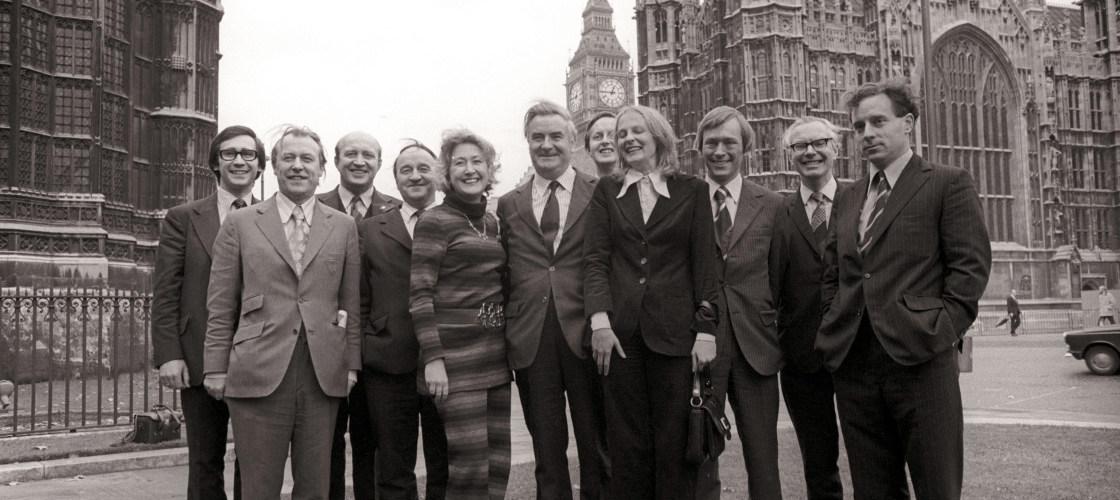Mr. Donald James Stewart
Statement to the British House of Commons, Feb 17, 1982.
We would like the Canadian Government to give some guarantees for the rights of the Indian peoples. We have a duty to examine what we are doing in agreeing to the wish of the Canadian Government. We have the power to correct certain injustices to the Indian peoples and to ensure that as far as possible such injustices are avoided in future.
Hon. Members have said that, with the exception of Quebec, all the provinces are now agreeable to the proposed procedure, but that was not so when the issue first arose. The Government have made adjustments or compromises to get the provinces to agree. If Parliament shows its wish to protect the rights of the native peoples of Canada, the Canadian Government will make similar adjustments or compromises to secure the return of their constitution. We cannot, like Pilate, wash our hands. It will be a conscious act if we make this agreement without any adjustment.
Treaties have been made in the past by British monarchs and Governments. If hon. Members wish to regard solemn agreements as scraps of paper, they must accept the responsibility for doing so. I know what it is like for people to be moved from their land. Therefore, I have a great feeling for the attitude of the Indian peoples.
Throughout the period of colonisation, the Crown recognised the principle of bilateral negotiations with the Indians. That principle was formalised by the enactment of the Royal Proclamation in 1763. More than 80 treaties were concluded between the various Indian nations and the Crown. Although the terms of the treaties varied, all recognised the sovereignty of the Indian nations and the consensual nature of future negotiations. That relationship was intended to endure the passage of time and Governments.
The grant of authority by the British North America Act evolved in such a way as to allow Canadian Governments effectively to regulate the internal affairs of the Indian communities as well as the relationship between the Federal Government and the Indians. The Government have been able to exercise control over all aspects of Indian life—and the infamous Indian Acts, the first of which was in 1876, denied basic freedoms to the Indians.
Since 1940, the attitude and policy of the Canadian Federal Government has been one of detribalisation and forced assimilation. The Government hoped that the Indians would disappear as a people. Many programmes were deployed over the years to eliminate traditional tribal systems of government and Indian practices, beliefs and languages and to deprive the Indian nations of the resources necessary to maintain the economic basis of their livelihood.
The Canadian Government brought that policy to its zenith in 1969 when Prime Minister Trudeau introduced a White Paper which directed that all Indian lands and resources should be assimilated into Canada, and that the constitution should be amended to delete all references to Indians. The Canadian Government believe that they are doing the Indians a favour. They want them all to be assimilated into white Canada. But that is not what the Indian peoples want. They have a right to be concerned that their rights are maintained.

